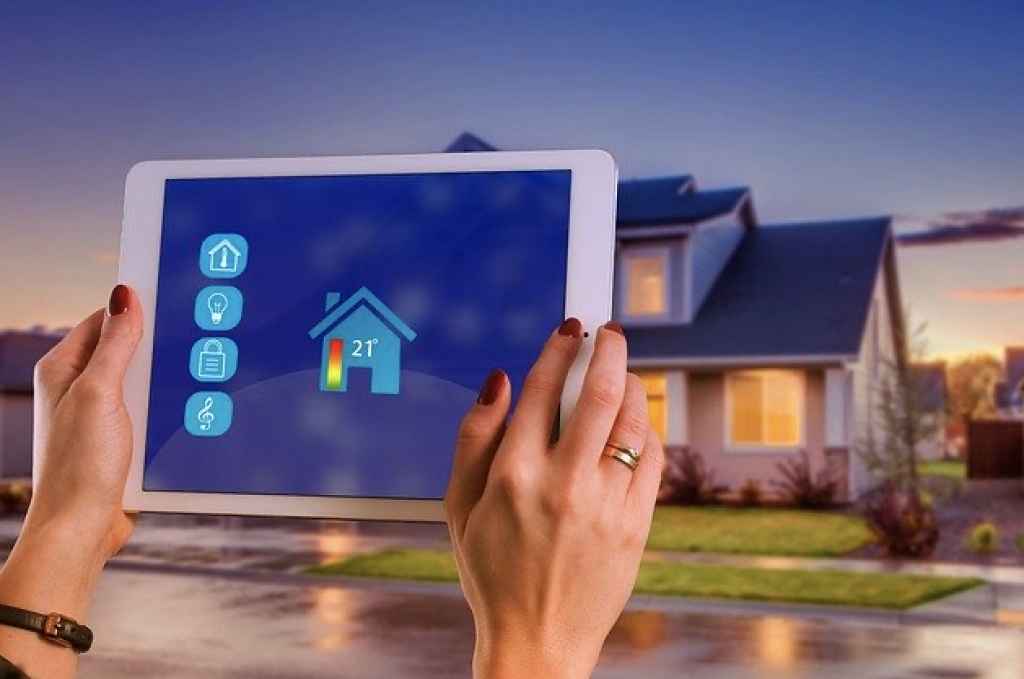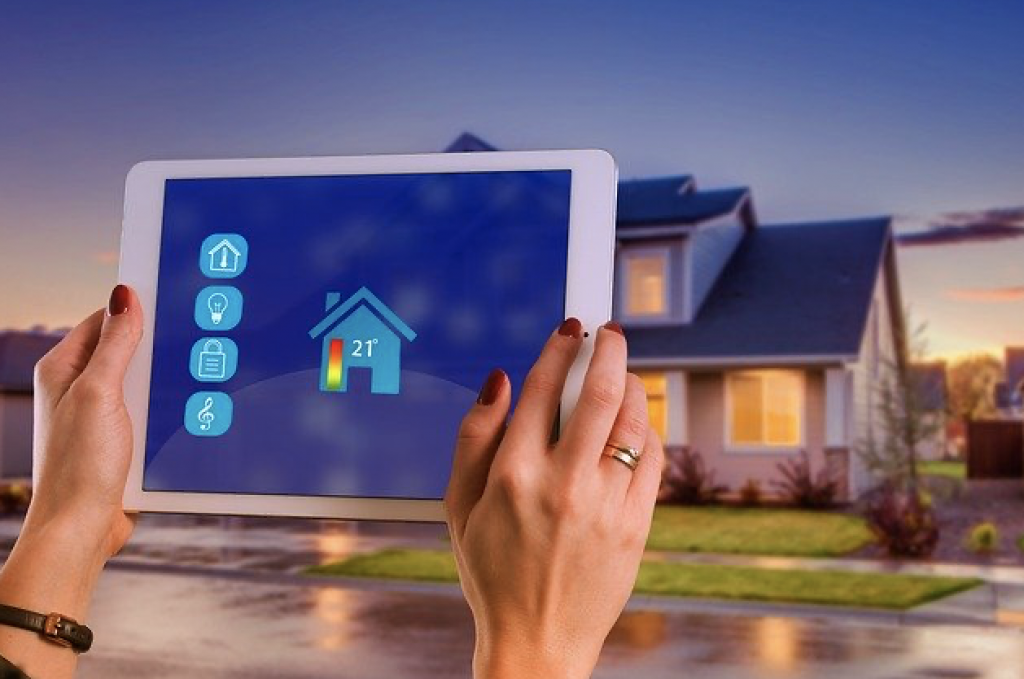Can Your House Become A Connected House?

The connected house has many possibilities but some limitations
Ensuring better security in your home, saving energy and improving your comfort, while saving you time, these are some of the advantages of the connected home. The smart house is becoming more and more attractive and is no longer merely an unattainable dream or an idea that will be born tomorrow. Today is the day the House 2.0 opens its doors to you.

The connected house: What is it?
Automating tasks throughout the house is nothing new. Home automation has not always been a great success because it was initially reserved for customers with significant financial resources. The installation of heavy computers, requiring more work in various connections, was not conducive to success. However, with the arrival of smartphones and the explosion of new technologies (laptops, smartphones, connected objects), home automation is experiencing renewed interest and is adapting to all types of needs. Costs have been reduced, and while few households had personal computers in the 1970s, today every member of the family has a laptop or tablet.
The term home automation designates a whole computerized system which makes it possible to control remotely or to program in advance specific repetitive tasks of the house. This is why, alongside the term “home automation”, there are also expressions such as “connected home”, “smart home” or “house 2.0”.
What actions can be automated in the connected house?
The main functions that we will be able to program are centered around three sectors:
- Security: to ensure better protection of your home – in your presence or absence – it will be possible to automate specific tasks (for example: alarm triggering at a fixed time, remote closing of shutters, activation of presence detectors, video surveillance control, etc.) ;
- Communication: everything concerning leisure activities can also be automated. It will be possible to switch on the television remotely, play music or receive at set times some data necessary for medical monitoring via a computer.
- Energy Management in the home: Home automation still allows you to adjust the thermostat in the different rooms, to close the shutters at certain times, which saves a few degrees in winter when the cold falls at the same time as the night, etc.
In addition to the home automation system, which usually works with a central computer that sends commands to the various connected devices, there are nowadays connected objects that make everyday life even more straightforward. This is the case for:
- Connected watches: we wear them, and they can provide various services (finding our way thanks to the GPS system, reminding us of our agenda, finding a restaurant where we are, looking for timetables, telling us about calories taken or lost after sport, calculate our heart rate, etc.)
- Smartphones, tablets;
- Connected speakers: the use of loudspeakers is already working very well in many countries. The leading major brands have marketed their loudspeakers. Just give a vocal command, and the speaker will trigger the corresponding action. Depending on the model, you will be able to search on YouTube, find a restaurant address, manage your schedule, or order home automation equipment by voice.
What are the benefits of the smart home?
The smart house has many advantages, including:
- Better management of your time: by scheduling repetitive tasks such as opening or closing the shutters, triggering the alarm at fixed times, opening your gate, from your smartphone, it’s all-time saved! Also, if you have an elderly parent and you have installed this system for him; he will no longer need to call his neighbour every time he wants to close his shutters; and will be able to program the functions on the central computer or control the tasks himself via his smartphone.
- Higher security: a home automation system is often better protected against burglary. You can get real-time information if the system detects an intrusion. Besides, if you can close the shutters remotely, you limit the risk of break-ins that can occur at night.
- A way to limit energy expenditure: Home automation offers the possibility of adjusting the thermostat according to the hours of the day and according to the rooms and to benefit from a constant temperature. This avoids overheating in winter or using the air conditioning at full capacity in summer. A great way to save money all year round! A good home automation system can save up to 30% per year on your energy bill!
What are the limits… to set?
Home automation provides invaluable services. However, you must choose a system that meets all your expectations:
- Several home automation systems meet all requirements. If you equip yourself, don’t take the cheapest system, the quality and functionality may disappoint you. Conversely, if a very sophisticated model tempts you, will you use all the features? Always seek professional advice before making a purchase.
- Remember always to have a few emergency solutions in case of a general breakdown (for example: cranks that can be used to open the shutters, easy access to the heating and air conditioning controls, an emergency opening system on your gate, etc.).
- Connected objects also have their constraints as they are still quite easy to hack. Do not let your children use it unsupervised. Remember to turn off the microphone on your voice speakers, for example, if you have people over at your home, and delete the history. Do not leave the management of opening/closing locks to your voice speakers for obvious security reasons.
What is the price of the connected house?
Connecting an entire house can mean financial investment, especially if you are looking for quality and want to connect many stations (lamps, gate, shutters, alarm, heating, air conditioning, etc.).
To get a good idea of your final budget, you will need to contact electricians, specialized in home automation and ask them for detailed estimates. Then you will have to consider:
- The surface area of the rooms and your entire home ;
- The controls you want to integrate into your home automation system: heating, alarms, lighting, etc.
- The control tools that will have to be put in place (for example phone, tablet, computer, etc.) ;
- The technique you want to install (home automation with an infrared system, wired home automation or wireless system?)
For voice-activated loudspeakers, market prices are around :
- For an Apple HomePod : 349 euros;
- For a Google Home: 149.99 euros (and 59.99 euros for a miniature version)
- For Amazon’s Echo Dot: 29.99 euros
- For other Amazon speakers: from 49.99 euros to 99.99 euros.
Who to contact for home automation installations?
It is preferable to contact a home automation specialist. Some electricians have been trained to specialize in this domain. Avoid doing yourself your installation because it is a delicate job that requires good technical and computer knowledge.
In some cases, if you can justify that the installation of the home automation system allows you to improve the thermal performance of your home, you can benefit from State aid (tax credit, zero-rate eco-loan, reduced VAT, aid and energy premiums). You will then have to have your work carried out by a certified REG (Recognised Environmental Guarantor) professional to benefit this aid.
If you want to see more useful information about different categories, please visit our website.


